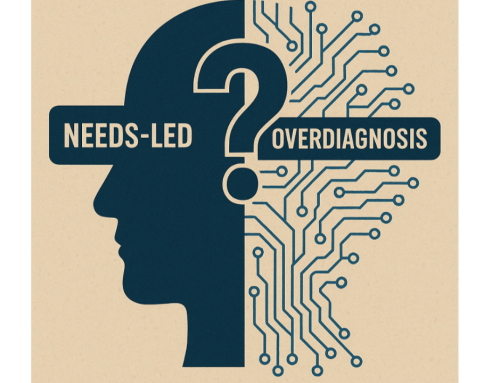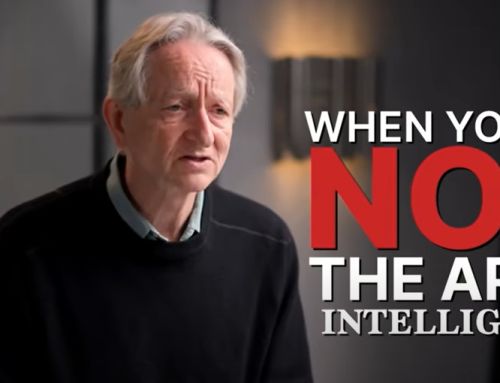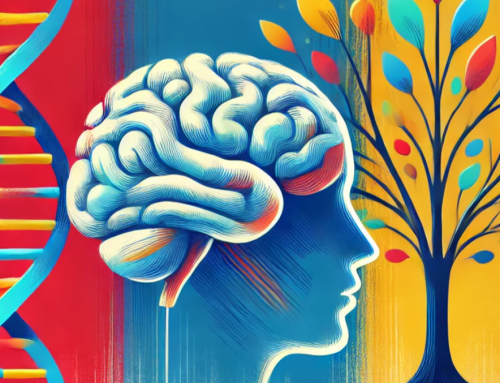As an adult with ASD, it can seem like there’s a crossover in traits observed in people who are classified as ‘introverts’ and autistic people.
In this New York Times article, I Love You, Now Leave Me Alone: What Friendship Means to an Introvert, reporter Catherine Pearson writes about certain introvert tendencies in the context of socialising with people:
- Introverts are more quickly overwhelmed by social interaction, and need more time to recharge.
- Introverts are often mistaken for being antisocial. (Sound familiar?)
- Introverts take more time building friendships, while extroverts make fast friends.
Generally speaking, introverts love their space and time alone – they thrive on their ‘inner world’ and don’t require as much external stimulation from other people as extroverts do.
For some autistic people, this is a shared feeling; yet it’s rarely understood or accepted in a ‘neurocentric’ society, where neurotypical social conventions are deeply embedded into our conception of what is and isn’t appropriate.
Take, for instance, the classic dilemma of being asked, “How’s your day going?”
To the autistic person, there are two choices: Deliver a socially acceptable yet highly-edited version of the events, or an authentic (but significantly longer and detailed) response that provides a real report of their day.
What seems natural or easy to one person can be incredibly puzzling or emotionally draining to the other.
Even academic research has let the neurodiverse community down in this sense.
As quoted here, Peter Crosbie points out that: “It’s an understatement to say that there is a bias in autism studies. Autistic people are not being well-served by this research, if we’re being served at all.”
Plus, “Many of these studies are biased towards autism as a deficiency and an incapability.”
There’s a clear distinction with the way these behaviours are perceived in neurotypical people versus neurodiverse people. Based on past research, Crosbie observes: “…If you’re non-autistic and more rational, it’s because you’re good at regulating your emotions. But if you’re autistic and more rational, it’s because you’re deficit in recognising your emotions.”
Until we advance into a more neurodiversity-affirming society, we’ll have to continue doing this dance with new acquaintances and friends.
See the pdf version of the New York Times article, I Love You, Now Leave Me Alone: What Friendship Means to an Introvert here.
You can also see the pdf of the Stimpunks glossary including these quotes on Neurocentricism here.





